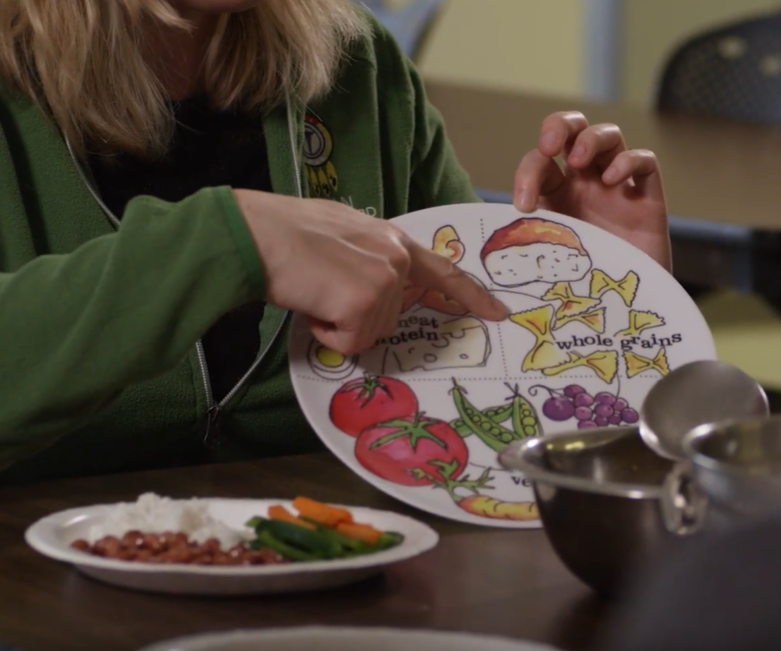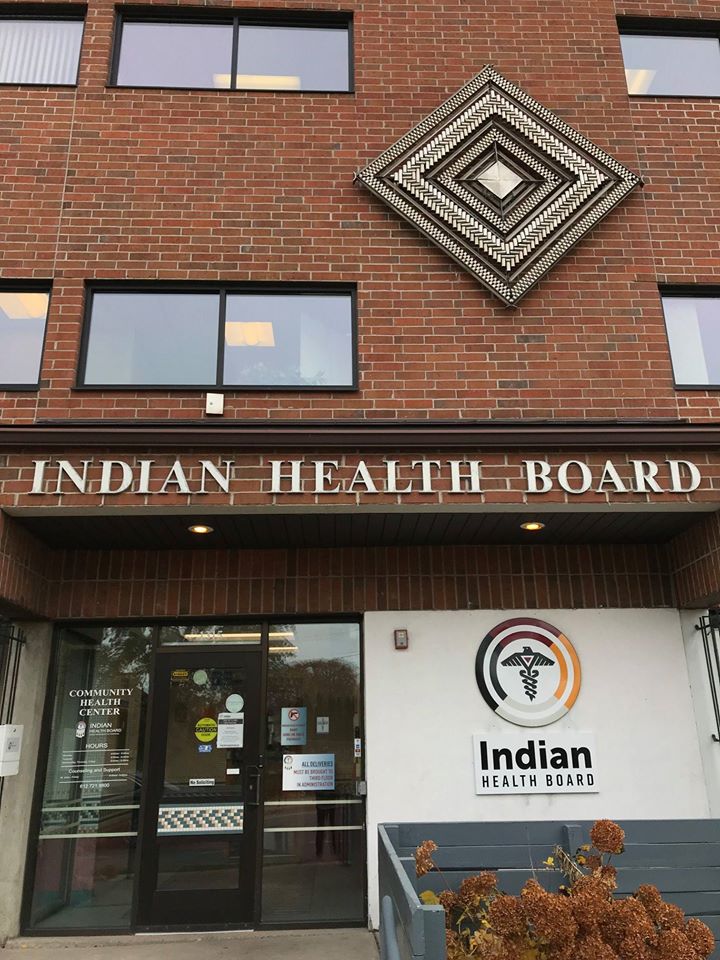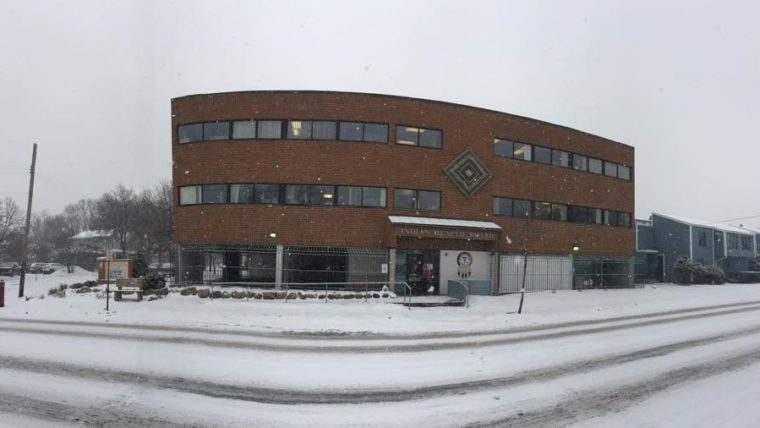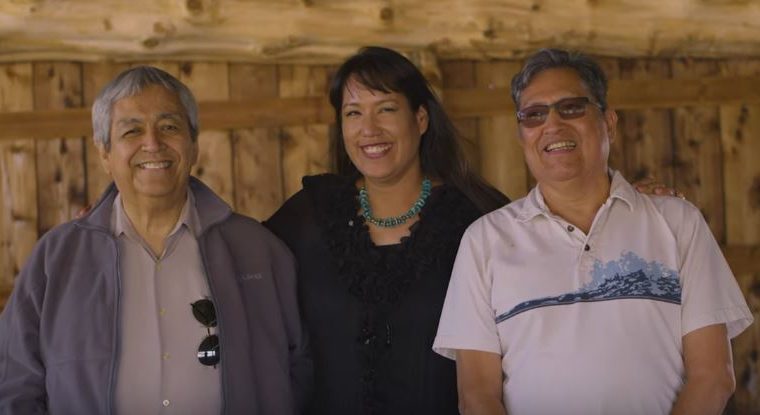(Featured image courtesy of Indian Health Board of Minneapolis, Inc.’s Facebook page.)
Each of the Urban Indian Health Institute’s (UIHI) “Spotlight Series” posts features one of the 41 Urban Indian Health Programs (UIHPs) across the United States. These interviews showcase each clinic’s HIV, hepatitis C, and STD services along with how each clinic is handling the COVID-19 pandemic. They allow UIHI to connect with UIHPs and celebrate the work they are doing for Indigenous people in urban areas across the country.
Today, we are proud to share the work that the Indian Health Board of Minneapolis, Inc. (IHB Minneapolis) is doing in Minneapolis, Minnesota.
Indian Health Board of Minneapolis, Inc. (IHB Minneapolis)
The Indian Health Board of Minneapolis, Inc. (IHB Minneapolis) provides medical, psychiatric, dental, and MAT services to over 5,000 patients in the Twin Cities and Hennepin County areas annually. The organization is committed to ensuring their patients receive the best care they can, prioritizing communication and education to make sure their clients feel safe and comfortable with them.
IHB Minneapolis is clear in its desire to “decolonize” the work they do with clients. They offer many resources, including a combination of traditional and cultural practices with Western ideas in their counseling center, and a variety of programs and classes which focus on preventative care and healthy lifestyle choices.

In addition to the programs and classes that IHB Minneapolis makes available to the community, they also have an on-call provider who can be reached after clinic hours and transportation services which are billable under certain health care plans.
When the “Stay at Home Orders” began, IHB Minneapolis started offering telehealth appointments immediately and completely transitioned their counseling services online. Their website features front page access to an informational letter on telehealth and a set of instructions so patients can train themselves on using Zoom for telehealth appointments. For those patients unable to use telehealth services, IHB Minneapolis encouraged patients to call ahead for appointments, rather than utilizing walk-in services, to limit the foot traffic in the clinic. Standard COVID-19 screening procedures were also put into place, with all patients being gifted homemade masks plus instructions for mask care.
Sexual Health Education at IHB Minneapolis
The IHB Minneapolis clinic offers several educational programs and groups on Hepatitis A, B, and C; birth control; relationships; and HIV and other sexually transmitted diseases (STDs). This includes their Circle of Life youth summer camp and outreach with groups from other programs such as their drug and alcohol treatment class or their youth groups.
Part of their educational programming includes condom distribution, a practice which has stopped for the most part with the closure of many agencies due to the COVID-19 pandemic. IHB Minneapolis Community Health Educator Delilah Robb (Turtle Mountain Chippewa) delivers condoms to a hygiene station near the health board to ensure that unsheltered residents in the area still have access to free condoms.
“During the COVID-19 pandemic, it is imperative that we communicate sexual health care services such as HIV and STI/STD testing, and birth control,” said Delilah.
The condoms Delilah hands out come with a label explaining that while there is no evidence suggest that COVID-19 is sexually transmitted, sexual activity can still increase the risk of infection due to close contact.
“[Handing out condoms] is hard because you have to teeter a fine line between: is handing out a condom promoting a risky behavior or is it a part of harm reduction? I’ve seen both ideas out there,” said Delilah. “I’m leaning on the side of ‘I don’t want other health care issues to flare up because of COVID-19. So, are we going to have an influx of STDs because of COVID-19, because people don’t have access to the things they need?’”
She further noted that sex workers need condoms and cannot be overlooked during the COVID-19 pandemic.

HIV and Sexual Health: A Community Effort
In her work as a Community Health Advocate, Delilah works to communicate sexual health awareness to the community. While she touches on all the major STDs, she really tries to focus on syphilis and HIV.
“We have a huge syphilis outbreak [in Minnesota],” said Delilah. “We also are in the middle of an HIV outbreak. [IHB Minneapolis] does blood testing, but the Indigenous People’s Task Force is right across the street from us, and they have HIV case management and rapid testing.”
According to Delilah, the Indigenous People’s Task Force also works with the Native American Community Clinic, another Native organization in Minneapolis working to address the health disparities of Native Americans in the Twin Cities region. Together, all three organizations cover case management, testing, and education around HIV.
“One of the things I like to teach about HIV is the mechanism of how HIV works in the body. How it attacks your immune system,” said Delilah. “I try to talk about how HIV/AIDS is not the death sentence that people think it is. You can live a long time with HIV/AIDS now with treatment.”
Conversations with the community are a huge way in which IHB Minneapolis works to keep their community protected. They developed a series of community listening sessions to better understand the community’s sexual health care needs and circumstances. The sessions receive funding from the Minnesota Department of Health’s Family Planning Special Projects Grant. They include community members of all ages, including youth, parents, and elders. Delilah believes it is important to hear directly from the community about their needs.
“The youth listening session questions assessed how and where youth would like to get sexual health information, what motivates them to get services, and what barriers and support affect access to services,” said Delilah. “We also discussed what beliefs their family, community, and tribe have about sexual health and what they wished was shared with them. Lastly, we shared three public service announcements and asked them what they liked about the message and if it was believable and trustworthy.”
The listening sessions for the parents touched on these subjects, too, although they also focused on the support needed to parent children who are sexual health aware.
Get in touch!
The Indian Health Board of Minneapolis is active on social media. They share posts about sexual health on their Facebook page twice a week and promote their programs and other educational material on Instagram and Twitter.
For more information on the Indian Health Board of Minneapolis, you can visit their website.
Thank you to Delilah and the Indian Health Board of Minneapolis for your amazing work with the community!


